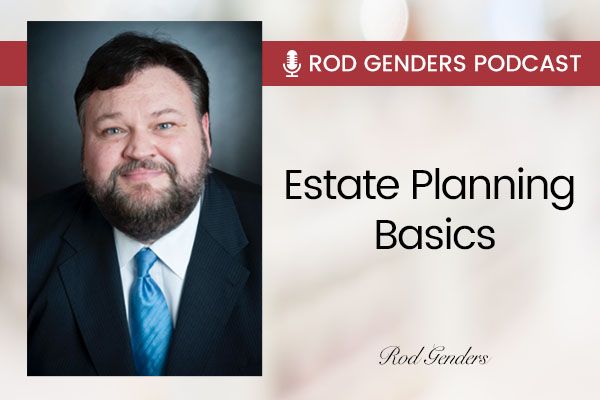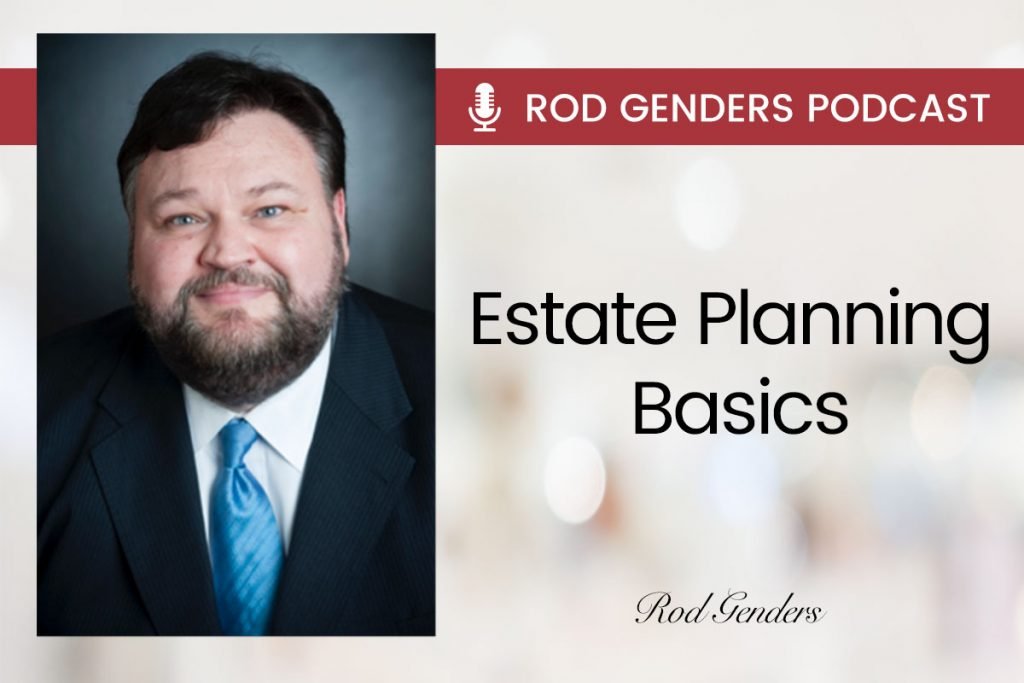
The thought of creating an estate plan can at first appear intimidating, but if you break down the process into smaller pieces, it will make it more manageable. By taking it step by step, it’s more likely that you’ll be comfortable getting started with the process.
Deciding what goes into an estate plan that fits your life and accomplishes your goals should be done with the help of a lawyer who specialises in estate planning.
1. Identify the important people
There will be several different groups or categories of persons to consider.
Start with Beneficiaries. These are the people whom you wish to receive your assets after your death. This is often the easiest way to start. Typically your spouse and children will feature prominently in your thoughts at this point. Other family members, friends and charities might also come to mind.
Once you have this list, you can then decide if any of them are to also have specific duties to help carry out your wishes.
2. Work out who does what
Other categories of people can include Executor, Trustee, Guardian, Agent and Substitute Decision Maker.
Executor
The Executor is the person you appoint in your Will to have the lawful authority to administer your deceased estate after you have died.
It will be their responsibility to apply for probate, gather your assets, pay your bills and funeral expenses, and distribute the balance to your beneficiaries. Typically the Executor will instruct a lawyer who specialises in probate and estate administration to assist them.
You can name one or more executors, and they can be named jointly, or as substitutes for each other.
Trustee
If you create any trusts inside your Will, these are called ‘testamentary trusts’. You can also create trusts outside of your Will. The person who controls the trust is called the trustee.
The Trustee is often the same person as the Executor. The role of a testamentary trustee takes over after the role of executor has finished.
Once probate has been obtained and the nett estate has been distributed, there are often funds held in trust for specific beneficiaries – typically minor children, or other beneficiaries who require some ongoing protection.
Guardian
If you have minor children (under the age of eighteen years), then you can nominate in your Will someone whom you trust to act as their guardian in case both their parents have died before they attain their majority.
Agent
If you lose the ability to make decisions for yourself in your own best interest (think stroke, injury, senility etc), then you can create a document called and Enduring Power of Attorney in which you appoint one or more trusted persons to act as your trusted agent to make decisions and sign documents for you of a legal or financial nature.
Substitute Decision Maker
Similar to an agent, you can create an Advance Care Directive in which you appoint one or more trusted persons to act as your trusted agent to make decisions and sign documents for you regarding accommodation, lifestyle, health care and medical treatment decisions if you cannot do so for yourself.
3. Plan the documents
The Will
The Will is a key component that goes into an estate plan. In your Will, you appoint an Executor to carry out your wishes, and you name your beneficiaries to receive your assets after you have died.
It can be used to ensure that your family has the management assistance they need, and, if you have minor children, establish who will raise them when you’re gone (in fact, a Will is the only way you can name a guardian for your children.)
Not having a Will leaves your family in a terrible position, where they will have to endure unnecessary expenses and added stress. Your assets will be distributed according to the laws of your state, rather than according to your own wishes.
Advance Care Directive
An Advance Care Directive gives your loved ones direction when a difficult situation occurs. If you become incapacitated, through an accident or serious illness, this health care directive tells your family members what kind of care you want—or do not want.
You name a substitute decision maker to be your health care surrogate, so that person can make medical decisions on your behalf if you’re unable to speak for yourself.
Enduring Power of Attorney
A financial power of attorney allows you to designate someone to step in and manage your finances and legal affairs in the case of your incapacity. This is important because otherwise a court or tribunal may have to name someone to be your financial guardian.
Death Benefit Nominations
If you have retirement accounts, like superannuation, chances are you have already written down the name of the people you want to receive some of your assets after you pass away.
The same goes for life insurance policies. The beneficiary designation may control who receives those assets on your death.
Be careful – because in some circumstances you might accidentally bypass your own Will, so that no matter what your Will says, the name on your beneficiary designations on these accounts determines who gets those assets.
You need to check on these from time-to-time to be sure the people you have named are still the people who you want to receive your accounts. You should review the designations every time you review your estate plan, which should be every three or four years.
What About Trusts?
If you own a lot of assets or if your estate is complicated, a trust may be helpful. Trusts are legal entities that hold assets on behalf of your beneficiaries.
There are many different types of trusts that are used to serve different purposes, from Special Disability Trusts that are designed to help families plan for an individual with special needs; to discretionary trusts used to protect assets; and testamentary trusts, which are created in your Will and only have effect when you die.
A specialist estate planning lawyer will know which trusts are appropriate for your individual situation.
Working with a qualified and experienced estate planning lawyer will help you understand what goes into an estate plan that makes the most sense for you and accomplishes your goals.
SPECIAL REPORT “7 Things You Must Know Before You Make Your Will”
In this report you will Learn:
Why home-made Wills can be a LOT more expensive than you might think.
The secret weapons used by the rich & powerful to protect their assets, and transfer their wealth two or three generations ahead.
How Estate and Trustee Companies make BIG money from “free” Wills.
The Most Common Estate Planning Mistakes, how they can cost your family a fortune, and How to Avoid Them.
The Elements of a Sound Estate Plan – why a Will alone is not enough.
How to Make Sure Your Assets Stay in Your Family and are not lost to creditors, lawsuits or ex-spouses.
How to guard against challenges to your Estate after you’re gone.
